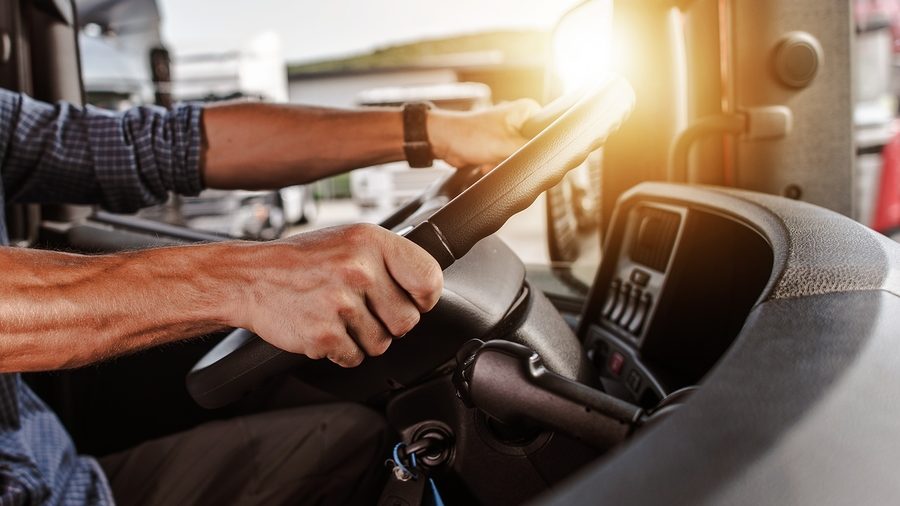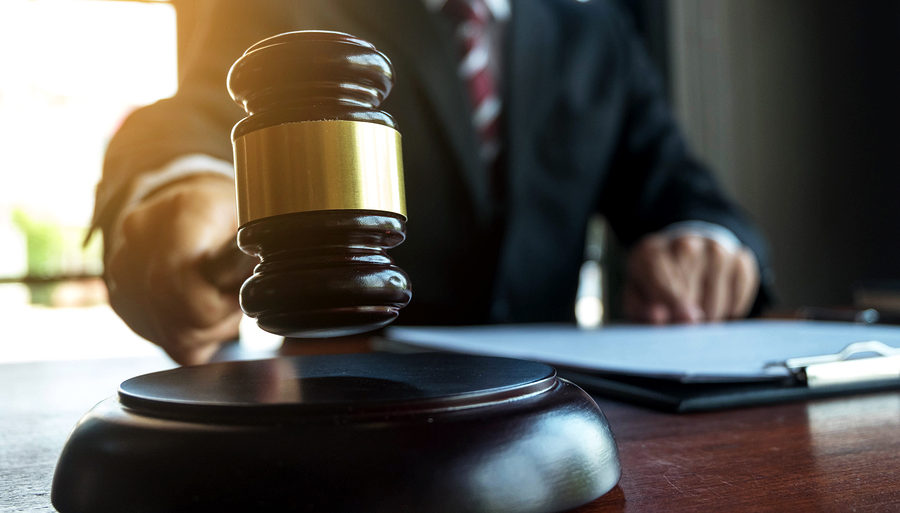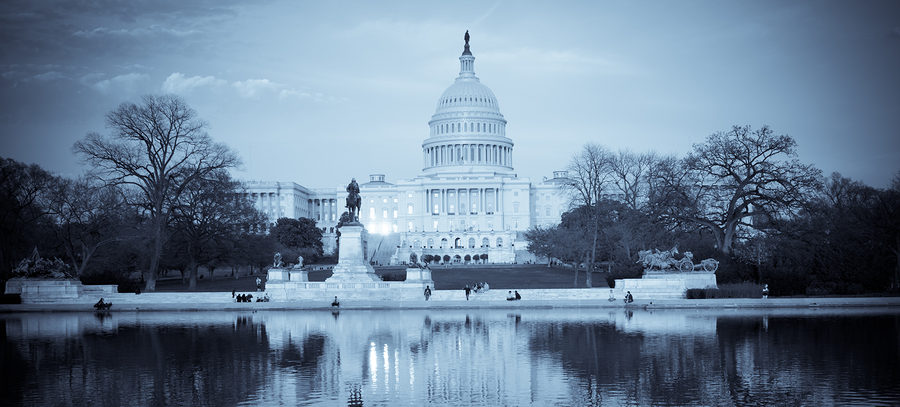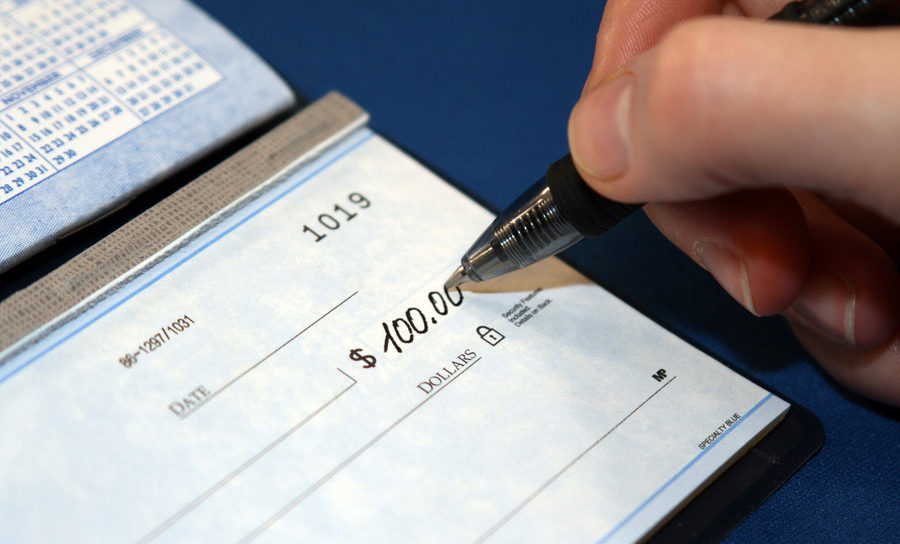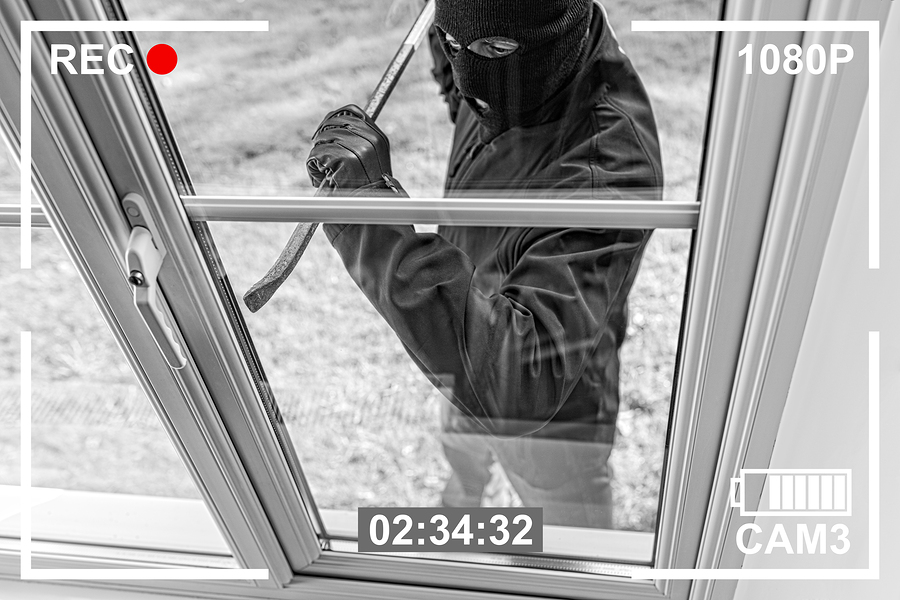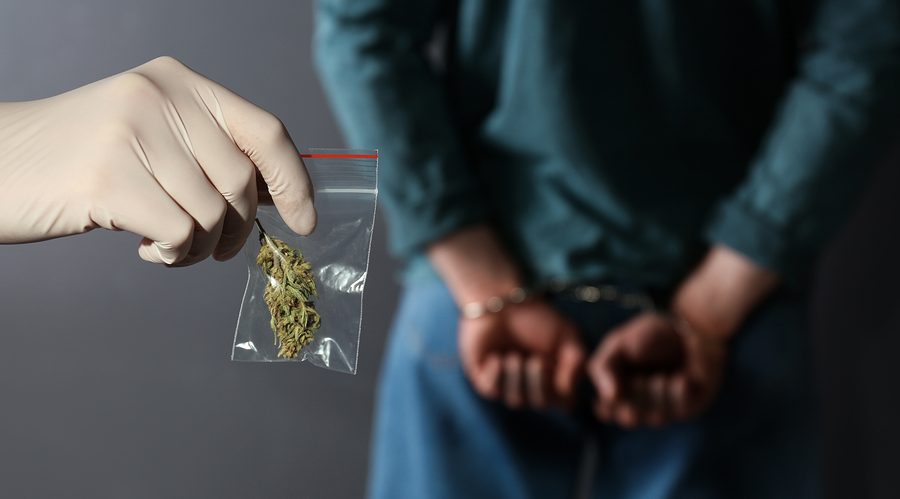Were you or a loved one just arrested and charged with some version of a DWI? If so, it is important to get started on your legal defense as soon as possible, especially if the circumstances of the arrest might get you out of trouble with the law. How do you expect to beat a criminal charge for driving while intoxicated? The answer is by obtaining a skilled and aggressive criminal defense attorney.
Continue reading to learn some of the most common and effective defense strategies a lawyer might use to fighting a drunk or drugged driving charge.

Don’t Fall for Old Wives’ Tales
There are many false assumptions and mentions on how to beat a DUI conviction, but the only real way to get your charges dropped or dismissed is by building a strong and impactful defense. The most common DUI defenses include improper police stops, improper field sobriety test protocol, medical conditions, Miranda right violations, and introduction of evidence at trial.
Improper Police Stops
Unless police had a reasonable suspicion that you were conducting criminal activity, they are not legally allowed to pull you over. A simple instinct or gut feeling is not enough to pass as reasonable suspicion. If police stops or pulls someone over illegally, any evidence gained is inadmissible. Police can legally pull you over for vehicular malfunctions, like a broken tail light.
Improper Sobriety Test Protocol
All police are required to adhere to strict protocols when testing a citizen’s sobriety in the field. These field tests have predetermined procedures that cannot be veered from. If police do not follow these protocols precisely, the evidence gained during a field test would be inadmissible in court.
Medical Conditions
One of the most common and effective defenses against DWI charges is proving a relevant medical condition, such as those that might give off the appearance of intoxication or distort the results of a roadside breathalyzer test. This might include epilepsy, diabetes, anemia, neurological problems, and exhaustion.
Miranda Right Violations
According to our Constitutional rights, police must inform all suspects under arrest that they are officially being arrested and are not free to leave. Furthermore, police are required by law to inform the arrested suspect of their rights, including their right to remain silent, their right to a lawyer, and more. If an officer fails to do this, it is considered a violation of your Miranda Rights.
Civil Procedure Violations
A DUI defense strategy that has worked well for many defendants doesn’t come into play until the day of trial. If evidence or state rules of civil procedure are violated in any way, a case can be dismissed. This might include improper character evidence, hearsay, and unauthenticated documents.
Contact a DUI Criminal Defense Attorney Today
Call 317-636-7514 to discuss your recent DUI arrest with aggressive Indianapolis DUI defense attorney, David E. Lewis. He will stop at nothing to protect your rights and preserve your freedoms. With decades of hands-on experience, you can trust Attorney David E. Lewis to build you a strong and impactful defense against your Indiana drunk driving charges. Call 317-636-7514 to schedule a free initial consultation for Indianapolis criminal defense, today.


